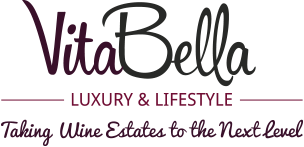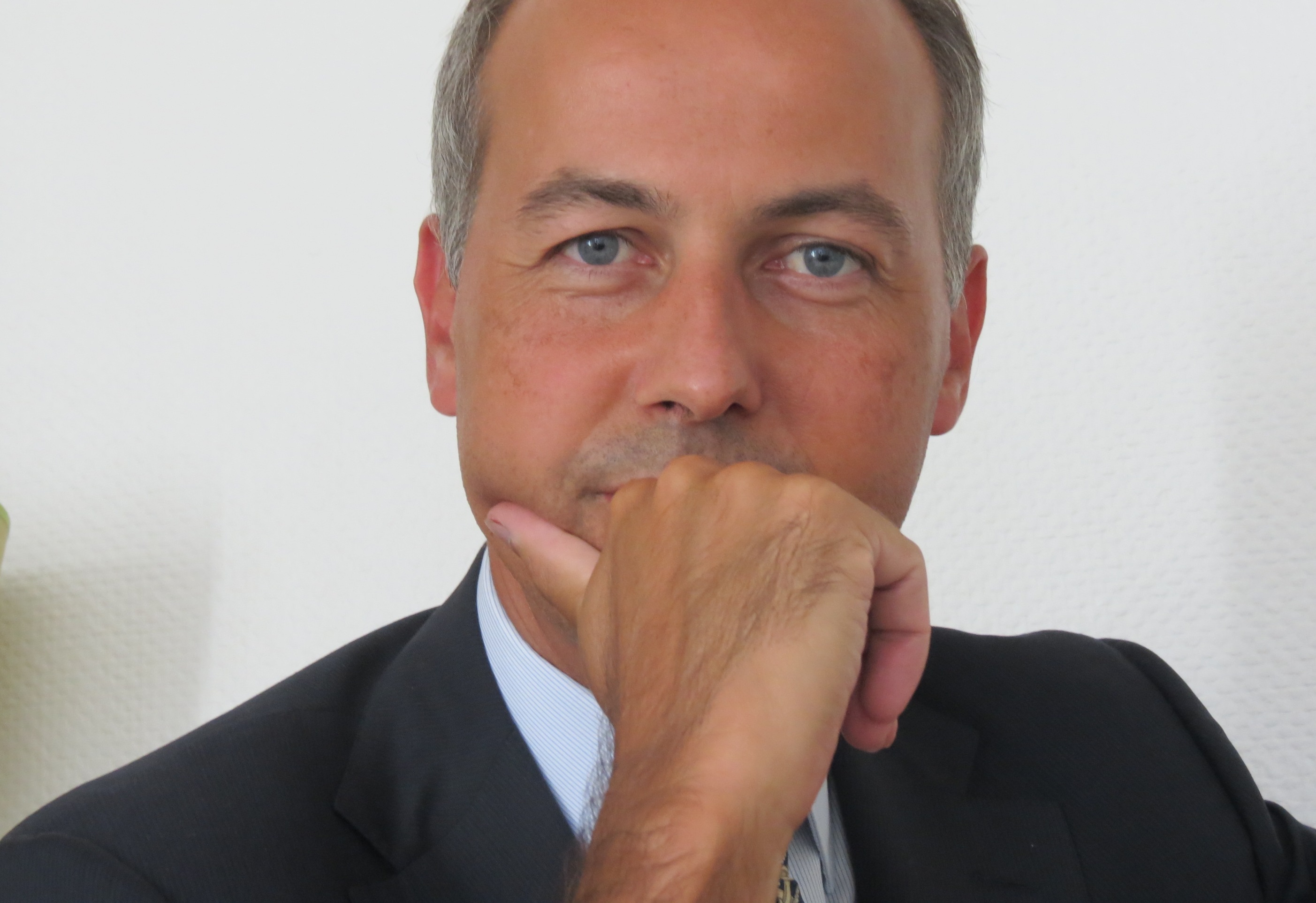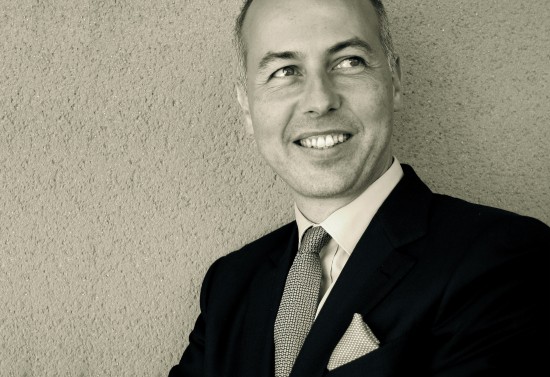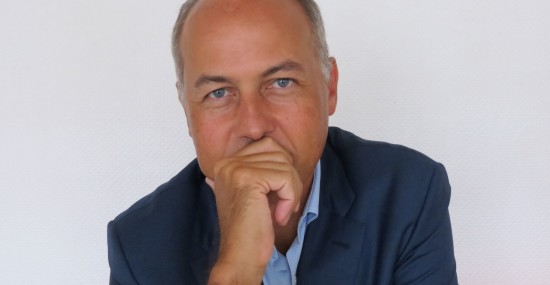Will wine châteaux be obliged to reveal the results of the complete molecular analysis of their wines to prove their good faith? Two years after her first CASH INVESTIGATION program in France on the subject of pesticides, the investigative journalist Elise Lucet returned to the subject this week in a new documentary entitled “Pesticides: Notre santé en danger” (Pesticides, our health at risk). It talked of health, cancer, effects on children, CMRs (Carcinogenic, Mutagenic and Reprotoxic substances) etc. -many anxiety-inducing messages which sow doubt in consumers’ minds, undermine their confidence in official bodies and cause them to fear for their well-being and that of future generations.
To my mind, the most interesting thing was not the program itself with its various revelations, but the reaction on social media, that instrument of big data that offers us a ‘live’ reaction and lets us know what the general public, in its widest sense, is thinking and feeling. And the consumer is confused. How come pesticides that were banned in 2008 are still being used today in Bordeaux? Why are pesticides allowed in organic agriculture? Doubt has crept in. “Is organic produce still 100% organic? Is organic wine from Spain the same as organic wine from France?” Things go as far as doubting the word of official bodies, for instance when members of the Bordeaux Wine Council (CIVB) express themselves. “Do without pesticides? They always hide behind the excuse that the products are authorized” or “Attempting to make the link with exhaust gases to explain the presence of pesticides…what nonsense!” The social networks have been buzzing. “On the one hand, the CIVB want to reduce the use of pesticides, but on the other they don’t know what the winegrowers are really doing – and they don’t wish to – and don’t carry out checks in any of the vineyards” or “The only thing that the head of the CIVB can say when he is told that schools near to vines are polluted by pesticides is “YES BUT THE TOWNS ARE POLLUTED TOO.” Clearly communication has broken down, and fear is taking hold. The image of Bordeaux wines is taking a serious knock.
What is the solution (or rather the solutions) that will allow these fears and anxieties about wine to be rapidly dispelled? A “Shazam” style iPhone app to track pesticide residue that would let you check the harmlessness of the wine you’re drinking, in real time, would assuredly have a great future. We haven’t got there yet, but maybe the solution has already been aired by those vociferating on social media. In a very pragmatic fashion, many of them are asking why producers can’t simply be open and list the pesticide residues on a bottle of wine. A simple, effective solution that can be replicated the world over. Today, only one wine estate has taken this step, and it is in France. It is a Champagne House.
(This post “On Wine, Pesticides and Bordeaux…” was written by Guillaume Jourdan. Reach him at info@vitabella.fr or via LinkedIn)



